38 plant cell colors
Calibrachoa - Better Homes & Gardens Calibrachoa. Like a tiny petunia on steroids, calibrachoa (also called Million Bells) grows and flowers at an amazing rate. These extremely vigorous plants make for colorful, cascading accents in containers or hanging baskets, along walkways, and on garden walls. A recent newcomer to the retail plant world, calibrachoa has only been around ... Do Plant Cells Have Chloroplasts? - Plants at Home Yes, plant cells do have chloroplast. It is an organelle present within the plant cell. It contains chlorophyll, which is the reason plants tend to appear green in color. So, let us explore more about chloroplasts. Contents show Chloroplasts Chloroplast is a tiny organelle that stores the chlorophyll of the plant.
Coleus Plants: Care & Growing Guide - The Spruce Coleus Care . Warmer zones can grow coleus as garden perennials, where they can grow to resemble small shrubs with thick woody stems. Though this tender tropical plant loves the heat, it grows as an annual in just about any garden, where it's normally used as an annual bedding plant or in containers. However, not all coleus plants are frost-tolerant, Wait until temperatures remain reliably ...

Plant cell colors
Vacuole - Genome.gov Definition. 00:00. …. A vacuole is a membrane-bound cell organelle. In animal cells, vacuoles are generally small and help sequester waste products. In plant cells, vacuoles help maintain water balance. Sometimes a single vacuole can take up most of the interior space of the plant cell. owlcation.com › stem › 3d-cell-modelHow to Create 3D Plant Cell and Animal Cell Models for ... Sep 10, 2011 · Step 1: Choose Plant Cell vs. Animal Cell. First and foremost, you must decide whether you will create a plant or animal cell. Plant cells and animal cells are shaped differently and contain different parts. The best way to decide? Take a look at some cell diagrams on an interactive site like Cells Alive. This site offers awesome animations of ... › cells › cell_modelInteractive Eukaryotic Cell Model - CELLS alive Cell Wall (plant cells only): Plant cells have a rigid, protective cell wall made up of polysaccharides. In higher plant cells, that polysaccharide is usually cellulose. The cell wall provides and maintains the shape of these cells and serves as a protective barrier. Fluid collects in the plant cell vacuole and pushes out against the cell wall.
Plant cell colors. Photosynthesis - Wikipedia The non-absorbed part of the light spectrum is what gives photosynthetic organisms their color (e.g., green plants, red algae, purple bacteria) and is the least effective for photosynthesis in the ... by early eukaryotic cells to form the first plant cells. Therefore, chloroplasts may be photosynthetic bacteria that adapted to life inside plant ... What Makes Plant Cells Green? | eHow Chlorophyll, Photosynthesis and the Color Green As you may know, color is the result of light reflections, and chlorophyll's absorption spectrum is very good at capturing blue-violet and red light. When these shades mix, you get green. Chlorophyll is essential to photosynthesis, which is vital to plant life. Plant And Animal Cell Coloring Page Tammy Morehouse Answer ... - Blogger Structure and function of the cell ppt video online download. The plant and animal cells are eukaryotic and contain well developed cellular organelles. Color each part of the cell its designated color. Plant cells have a cell wall, chloroplasts, plasmodesmata, and plastids used for storage, and a large central vacuole, whereas animal cells do not. What Color Is A Plant Cell - Realonomics What Color Is A Plant Cell. December 22, 2021. 17 7 minutes read. What Color Is A Plant ...
What do Plastids do in Plant Cells? - Study.com There are four main types of plastids found in plant cells that develop from proplastids The four major types of plastids are: Chloroplasts are green and serve as the sites for photosynthesis in... How to Get the Cell Color in Excel (2 Methods) - ExcelDemy Function FindColor(cell_range As Range, ByVal Format As String) As Variant Dim ColorValue As Variant ColorValue = Cells(cell_range.Row, cell_range.Column).Interior.color Select Case LCase(Format) Case "rgb" FindColor = (ColorValue Mod 256) & ", " & ((ColorValue \ 256) Mod 256) & ", " & (ColorValue \ 65536) Case Else FindColor = "Use'RGB' as second argument!" Plant Cells Vs. Animal Cells (With Diagrams) - Owlcation The most well-known plastids are chloroplasts, which contain the chlorophyll that gives many plants their green hue. Large Vacuole: While animal cells may have many tiny vacuoles, a plant cell usually has a single large vacuole, which serves as a storage tank for food, water, waste products, and other materials. How Plants Make Food: Photosynthesis And The Transformation From ... Plants use a process called photosynthesis to create their own simple sugars from sunlight, air, and water. Plant cells contain special structures called chloroplasts, which contain a special green pigment called chlorophyll. The choloroplasts create food in the form of sugar for energy (as well as oxygen) from their surrounding environment.
Plant and Animal Cell Worksheets and Animal Cell Project Grade 6 There is a blank animal cell diagram and a blank plant cell diagram in both black and white and color options. Plant and Animal Cell Word Search. Help students get more familiar with the vocabulary and spelling of organelles using this fun word search. We've revised this from the original version and you are going to love the changes! How Plant Pigments Change Color in the Presence of Heat or Acid Red and Blue Reds, blues and purples occur because of a concentration of different kinds of anthocyanins, water-soluble pigments held in plant cell sap. Heating doesn't change them, but they are... How Light Affects Plant Growth - What You Need to Know Out of the remaining wavelengths, red and blue color light seems to have the most impact on the health of a plant. These wavelengths have different impacts: Blue Light With a wavelength between 400-500nm, this light has high energy and affects the leaf growth (also called vegetative or "veg" growth) of plants. Reveal the Red: Exploring the Chemistry of Red Flower Pigments Flavonoids include anthocyanin pigments, which produce red, purple, magenta, and blue colors, and flavones and flavonol pigments, which produce yellow colors. Some flowers may even have chlorophyll, a green pigment usually found in the leaves of plants. Watch the video below to find out more about pigments in plants.
Why are plants green? - ResearchGate I recommend to read the article by Terashima et al. (Plant Cell Physiol. 50(4): 684-697 (2009) entitled "Green Light Drives Leaf Photosynthesis More Efficiently than Red Light in Strong White ...
25 Major Difference Between Plant Cell and Animal Cell - Microbe Notes Animal cell shapes and sizes vary greatly from irregular shapes to round shapes, most defined by the function they perform. Plant cells are larger than animal cells with the cell size ranging from 10um-100um in length. Plant cells are similar in shape with most cells being rectangular or cube-shaped. Cell wall.
organismalbio.biosci.gatech.edu › growth-andPlant Reproduction | Organismal Biology - gatech.edu As described above, after pollen is deposited on the stigma, it germinates and grows through the style to reach the ovule. The pollen tube cell grows to form the pollen tube, guided to the micropyle by chemical signals from the synergid cells. The generative cell travels through the tube to the egg and divides mitotically to form two sperm cells.
Plant Cell: Diagram, Types and Functions - Embibe Exams The Plant Cell is the most basic and basic unit of all plants. Plant cells are eukaryotic, which means they have a membrane-bound nucleus and organelles, just like animal cells. That's all there is to the similarity. In comparison to animal cells, plant cells have cell walls that surround the cell membrane.
Algae - Wikipedia Algae (/ ˈ æ l dʒ iː, ˈ æ l ɡ iː /; singular alga / ˈ æ l ɡ ə /) is an informal term for a large and diverse group of photosynthetic eukaryotic organisms.It is a polyphyletic grouping that includes species from multiple distinct clades.Included organisms range from unicellular microalgae, such as Chlorella, Prototheca and the diatoms, to multicellular forms, such as the giant kelp ...
microbenotes.com › plant-cellPlant Cell- Definition, Structure, Parts, Functions, Labeled ... Feb 16, 2022 · Plant cells are eukaryotic cells, that are found in green plants, photosynthetic eukaryotes of the kingdom Plantae which means they have a membrane-bound nucleus. They have a variety of membrane-bound cell organelles that perform various specific functions to maintain the normal functioning of the plant cell.
What cell organelle stores food or pigments? - From Hunger To Hope The color of a fruit or vegetable is usually due to the presence of pigments that are contained in the cells. Food storage organelles called vacuoles store food and pigment molecules for use by plant cells. The what converts food into energy for the cell is a cell organelle that stores food or pigments. Structure […]
Do Plant Cells Have Lysosomes? - Plants at Home No, lysosomes are not present in the plant cell of most plants. However, some exceptional plants do contain lysosome in their cells. In most plants, the functions of the lysosome are carried out by the cell wall and vacuole. Let us explore more about lysosomes. Contents show.
12 Plant Cell Parts | A detail on their structure and functions These plant cells are eukaryotic, rigid, and have greater cell volume than animal cells. Further, plant cells are green in color as they have unique pigments that aid in photosynthesis. See the differences between plant cells and animal cell s regarding cell organelles and other components. Plant Cell Parts Cell wall Cell membrane Cytoplasm
academic.oup.com › plcell › advance-articlehost exocyst complex is targeted by a conserved bacterial ... XopP inhibits both callose deposition in the host cell wall and H 2 O 2 production through exocyst targeting. Callose deposition in the cell wall is part of the PTI response in plants during pathogen attack, and it is secreted via the exocyst complex (Xu and Mendgen, 1994; Robatzek, 2007; Nielsen et al., 2012; Du et al., 2015; Redditt et al ...
17 Differences Between Plant and Animal Cells - Bio Explorer Located in the epidermal and dermal layer, skin cells function mainly for protection, perception, and transmission of sensation. In addition to that, skin cells also prevent water loss through dehydration. 5. Bone Cells. Bone cells make up the bones and overall skeleton of animals.
Strawberry Plant: The Complete Guide (Updated 2022) The fruit of the strawberry plant is packed with beneficial nutrients, particularly Vitamin C and flavonoids. One cup of strawberries weighs approximately 144 grams and contains between 45 and 50 calories. Strawberries are over 90% water, 7% carbohydrates, about 2% fiber, and less than 1% each of protein, fat, and ash.
How to Grow and Care for Croton Plants - The Spruce The plant's most vibrant colors come with bright light, but the temperatures must not be sweltering. Summer in tropic zones might be a little too much for some croton. Reduce or hold off on applying fertilizer during a heatwave or higher temps. Intensely hot days will stress out croton and may cause graying or flat colors.
› science › articleTranscriptional landscape of rice roots at the single-cell ... Mar 01, 2021 · Each dot indicates a single cell. Colors in the diagram of root tip indicate corresponding cell clusters. The greyish white and black parts indicate uncaptured cells. (D) Expression of cell-type marker genes for each cluster. Dot diameter, proportion of cluster cells expressing a given gene; color, mean expression across cells in that cluster.
Plant and Animal Cell: Definition, Structure, Differences - Embibe Exams 2. They are found in both plants and animal cells. Plant cells have large, central vacuole. Animal cells have smaller, many vacuoles. 3. Tonoplast is the membrane of these vacuoles. 4. They maintain turgor pressure. Lysosomes: 1. They are called suicide bags. 2. They are single membrane-bound organelles. 3. Plant cells may lack these organelles. 4.
Chloroplast Structure | Stroma, Chlorophyll & Thylakoid - Video ... A cell that resides in a plant leaf, for example, might have hundreds of chloroplasts that capture light from its tanning session and use it to make the plant equivalent of a burger and fries ...
Low temperature regulation of strawberry color by FvMAPK3 | The Plant ... First, the authors discovered that FvSnRK2.6 and FvMAPK3 physically interact and that FvSnRK2.6 phosphorylates FvMAPK3. Phosphorylated FvMAPK3 protein levels as well as FvMAPK3 transcript levels were increased in white strawberries under low temperature. To confirm the role of FvMAPK3 as a downstream positive regulator of low temperature ...
en.wikipedia.org › wiki › Cell_cultureCell culture - Wikipedia Cell culture is the process by which cells are grown under controlled conditions, generally outside their natural environment. After the cells of interest have been isolated from living tissue, they can subsequently be maintained under carefully controlled conditions.
› cells › cell_modelInteractive Eukaryotic Cell Model - CELLS alive Cell Wall (plant cells only): Plant cells have a rigid, protective cell wall made up of polysaccharides. In higher plant cells, that polysaccharide is usually cellulose. The cell wall provides and maintains the shape of these cells and serves as a protective barrier. Fluid collects in the plant cell vacuole and pushes out against the cell wall.
owlcation.com › stem › 3d-cell-modelHow to Create 3D Plant Cell and Animal Cell Models for ... Sep 10, 2011 · Step 1: Choose Plant Cell vs. Animal Cell. First and foremost, you must decide whether you will create a plant or animal cell. Plant cells and animal cells are shaped differently and contain different parts. The best way to decide? Take a look at some cell diagrams on an interactive site like Cells Alive. This site offers awesome animations of ...
Vacuole - Genome.gov Definition. 00:00. …. A vacuole is a membrane-bound cell organelle. In animal cells, vacuoles are generally small and help sequester waste products. In plant cells, vacuoles help maintain water balance. Sometimes a single vacuole can take up most of the interior space of the plant cell.


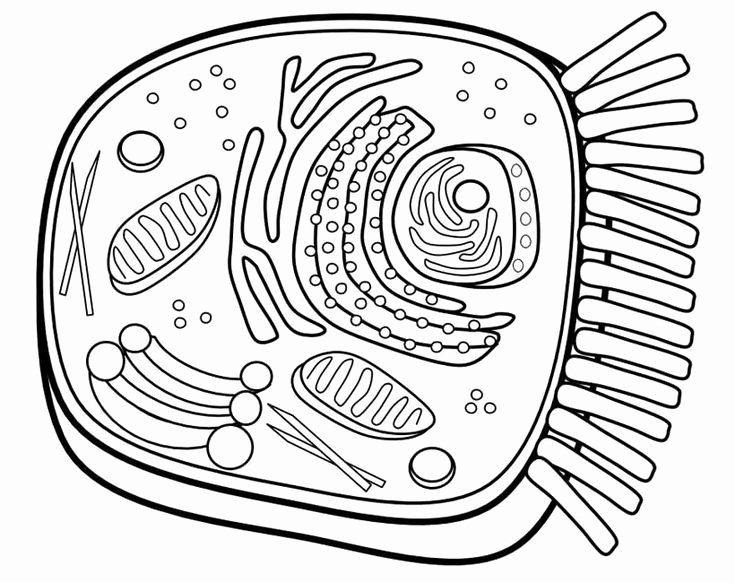


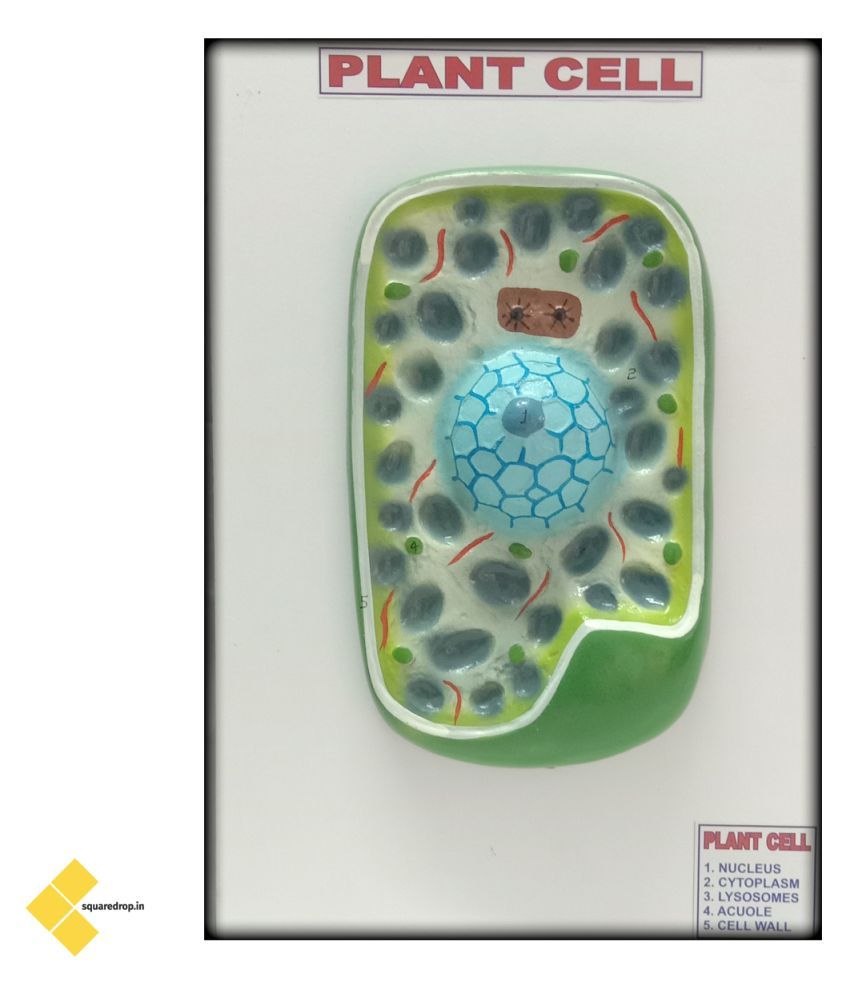
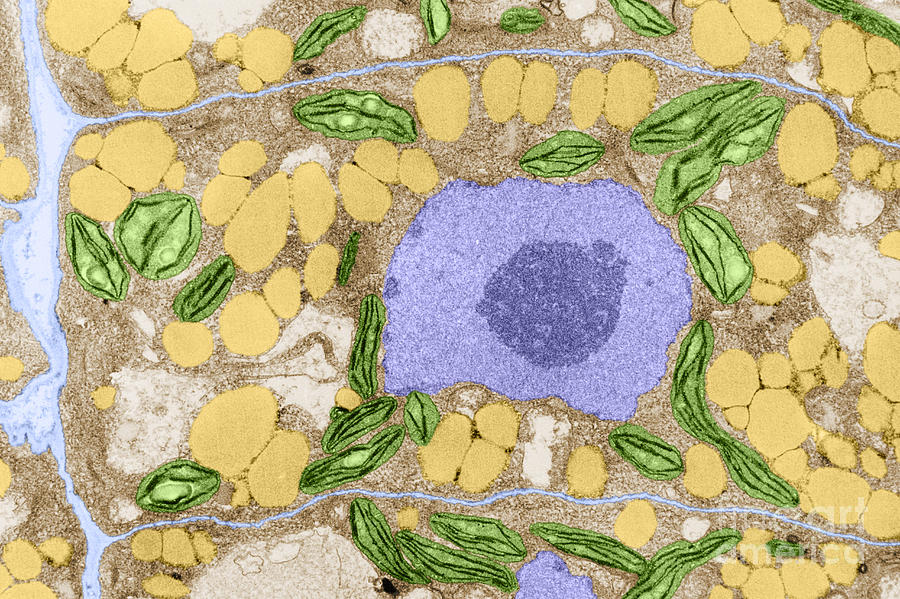
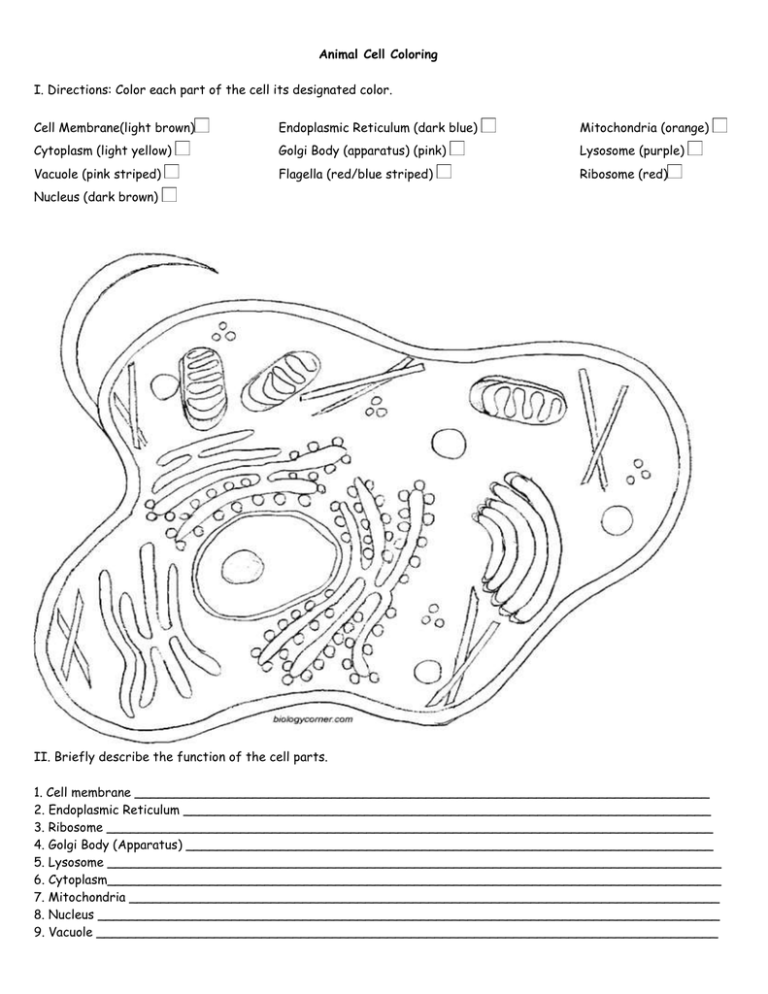


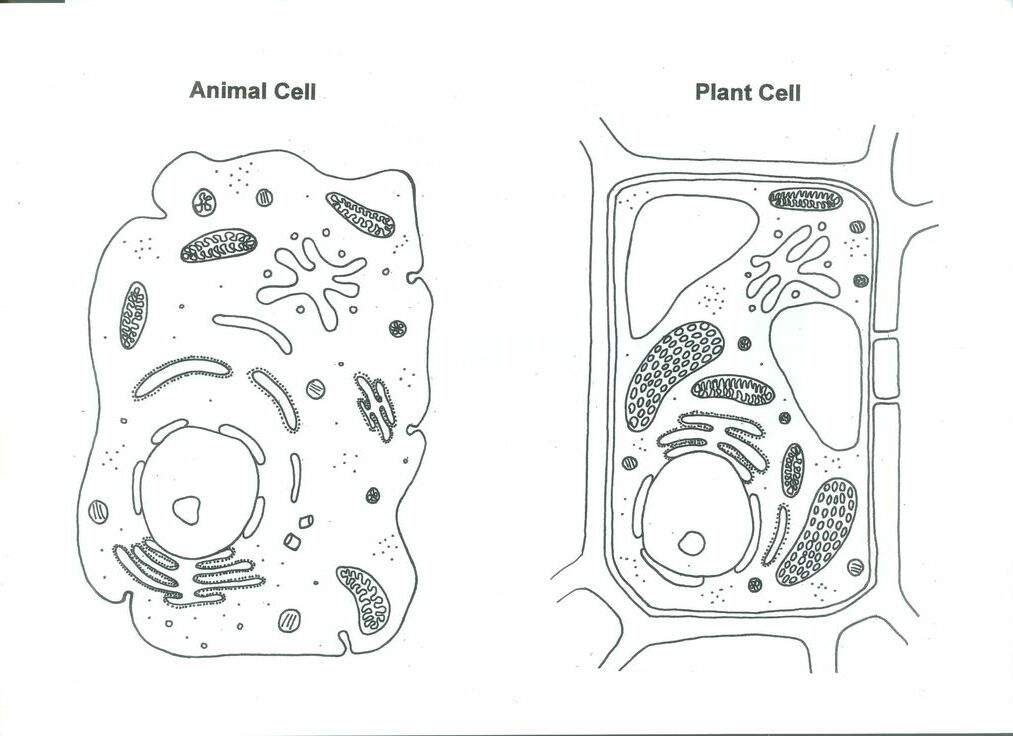
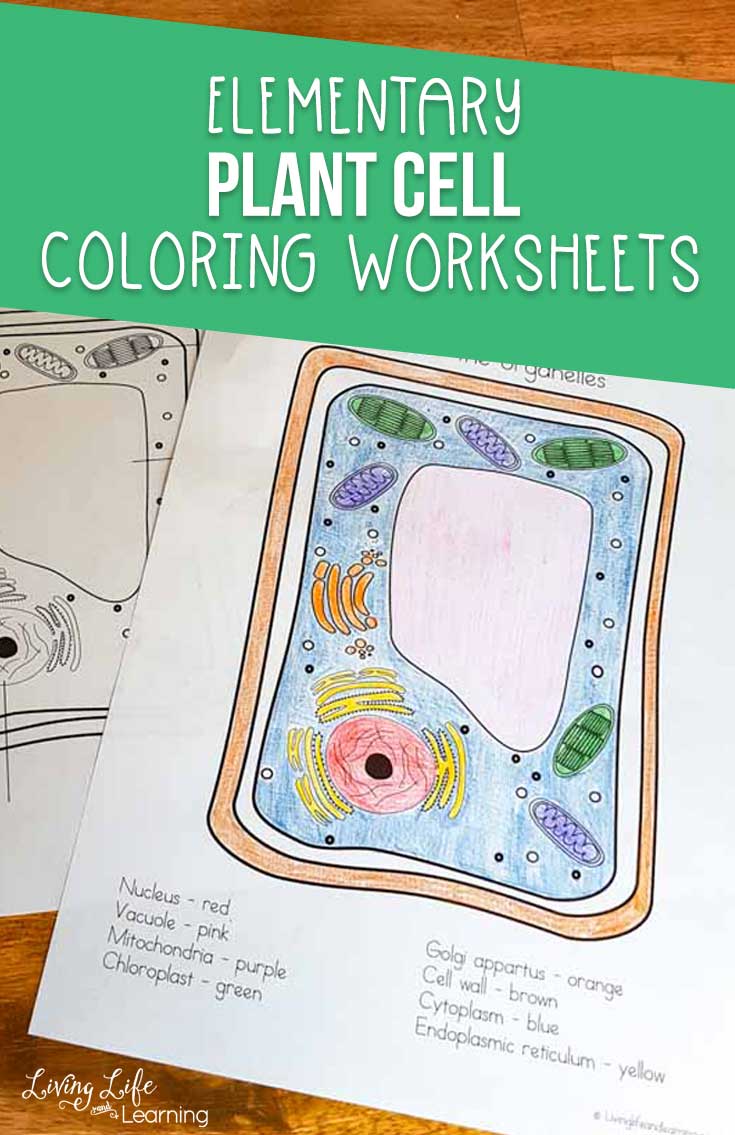
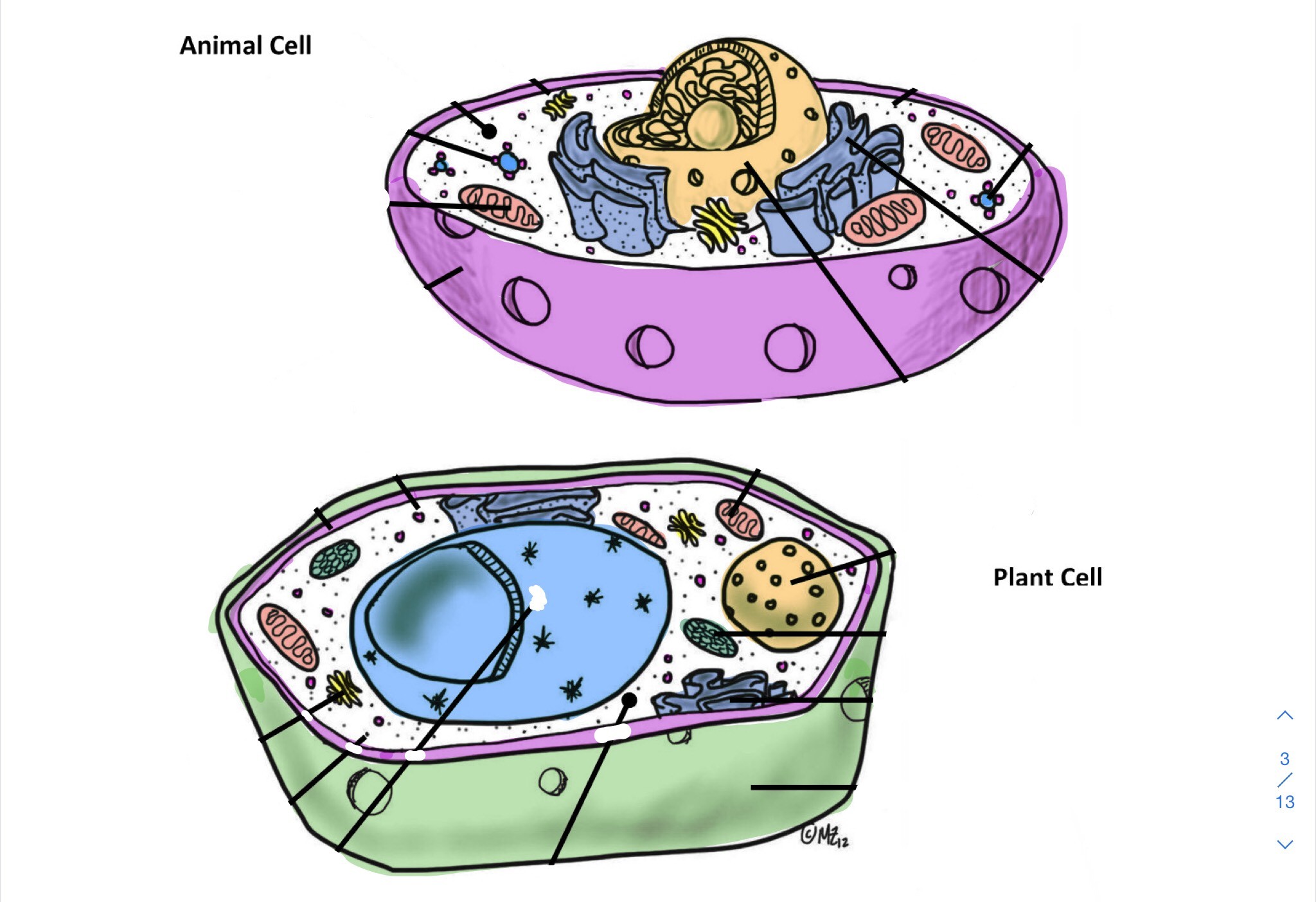

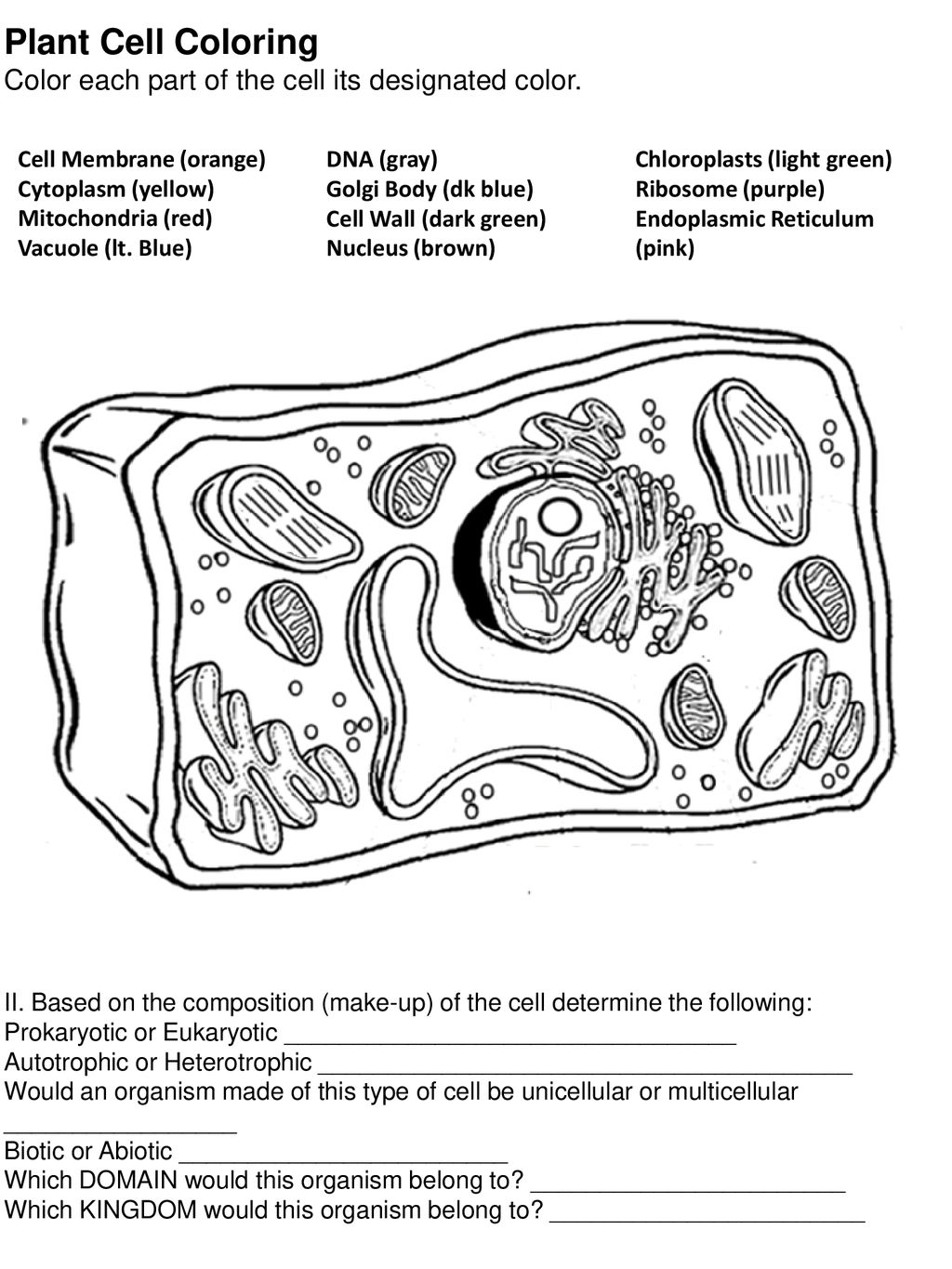

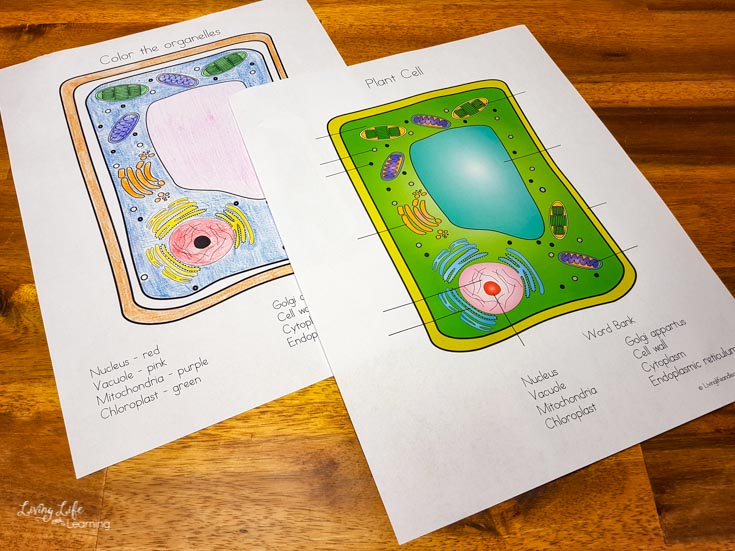


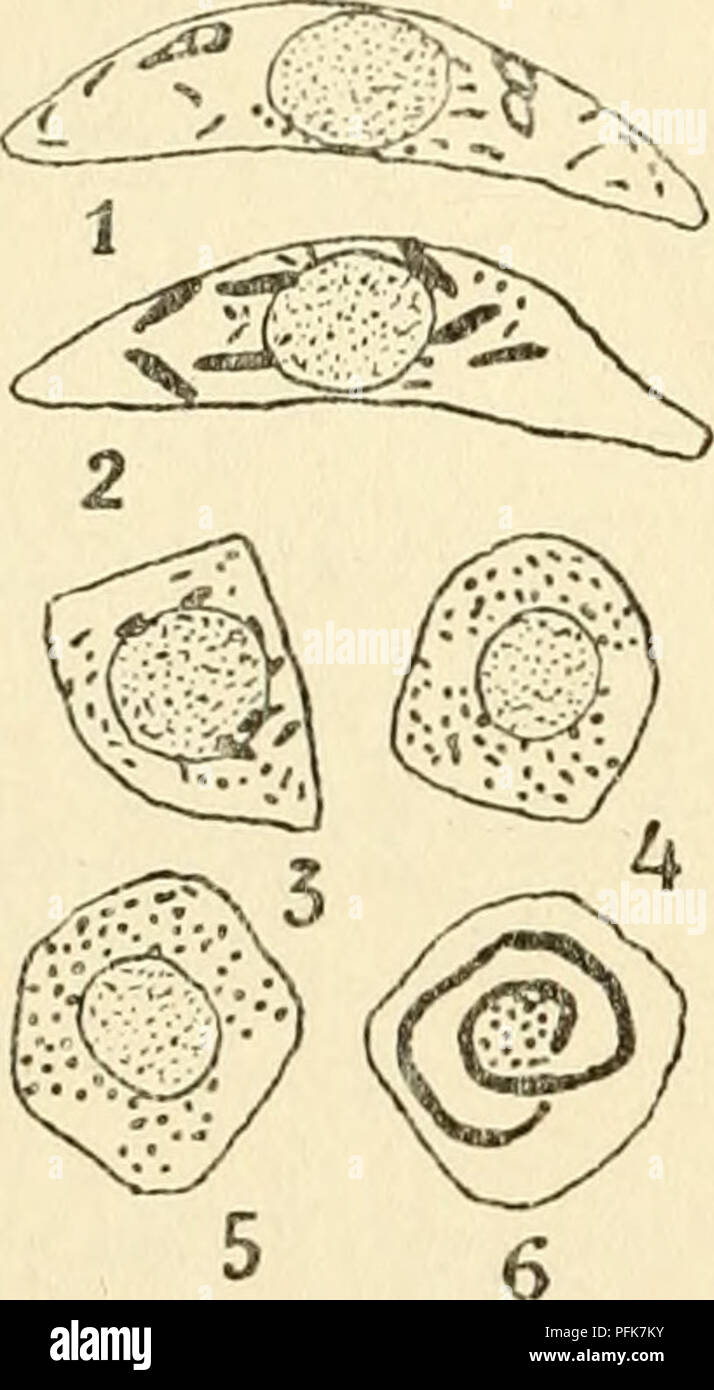
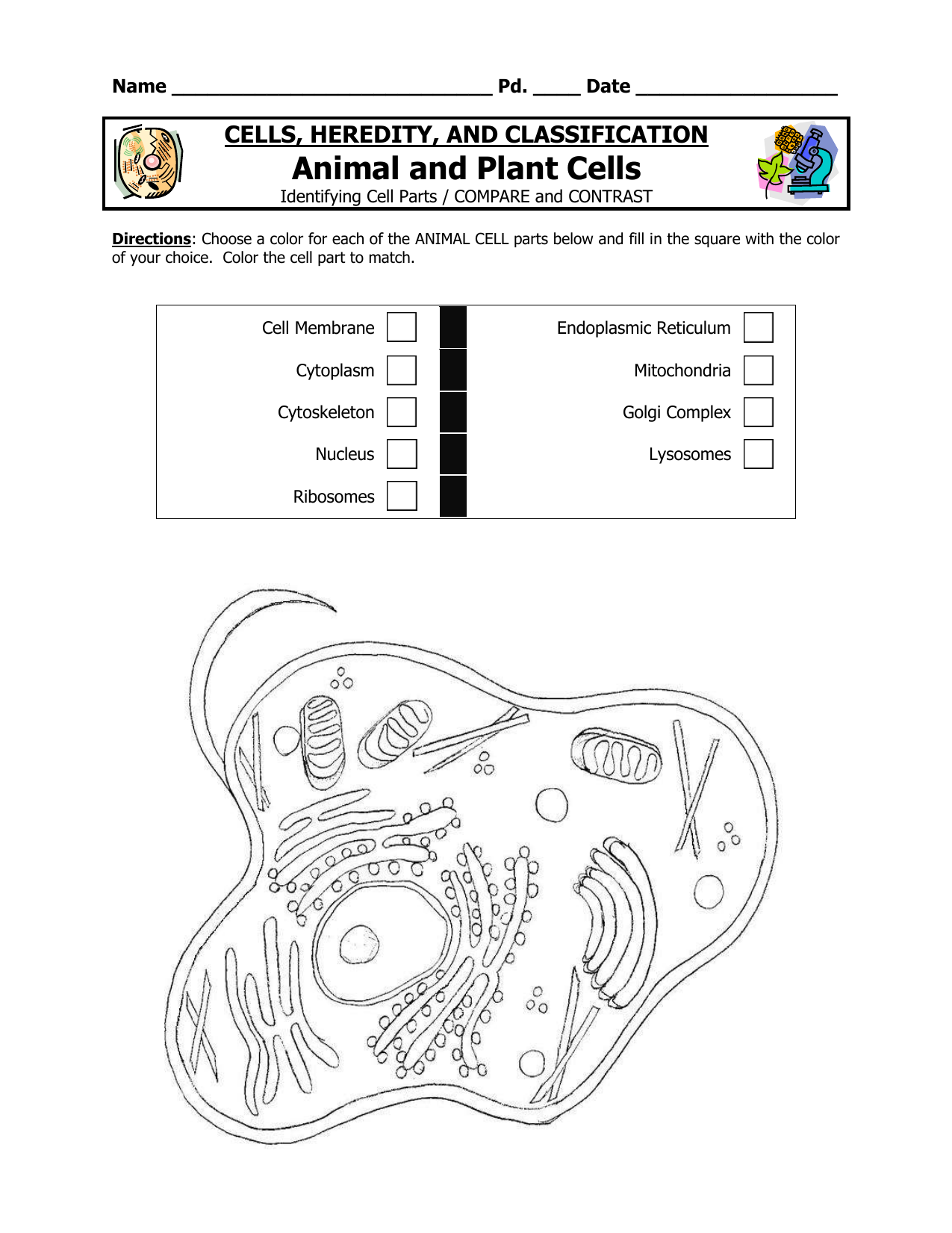


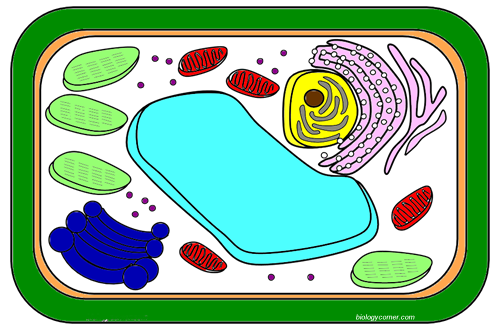
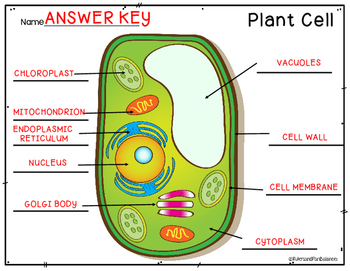

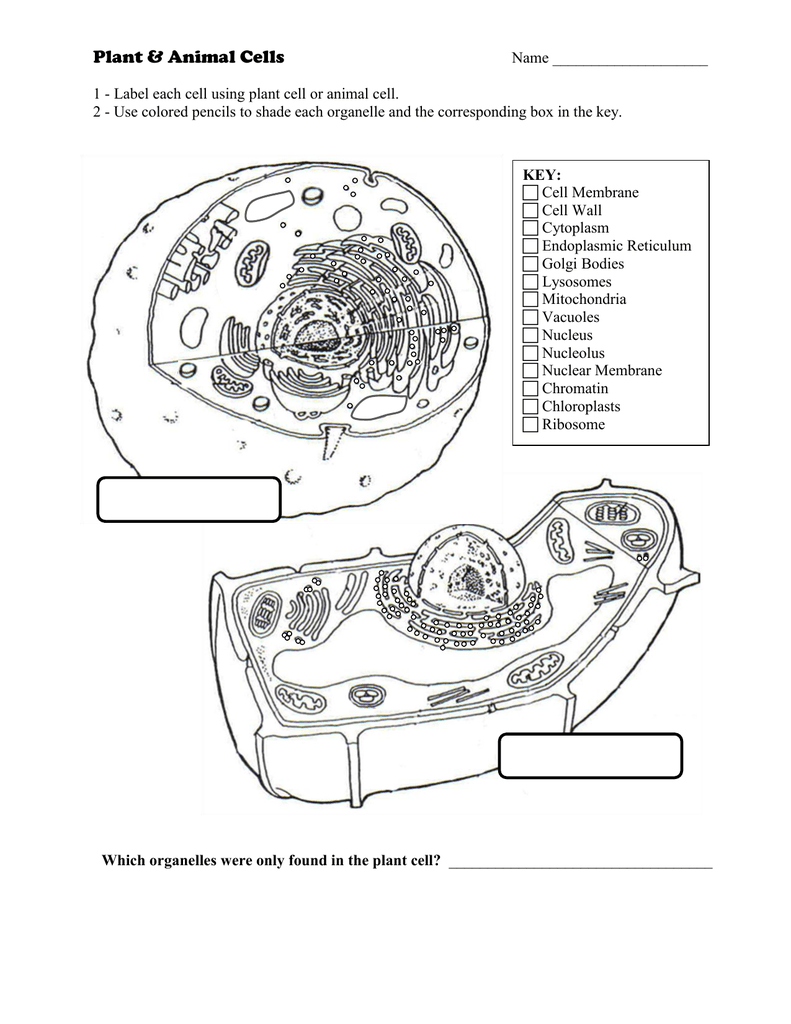



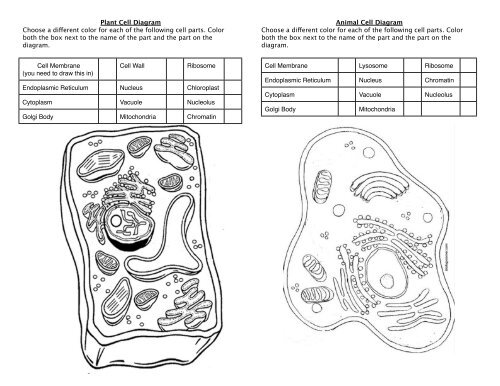
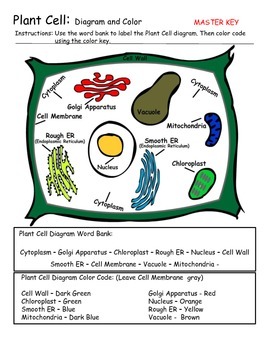

Post a Comment for "38 plant cell colors"